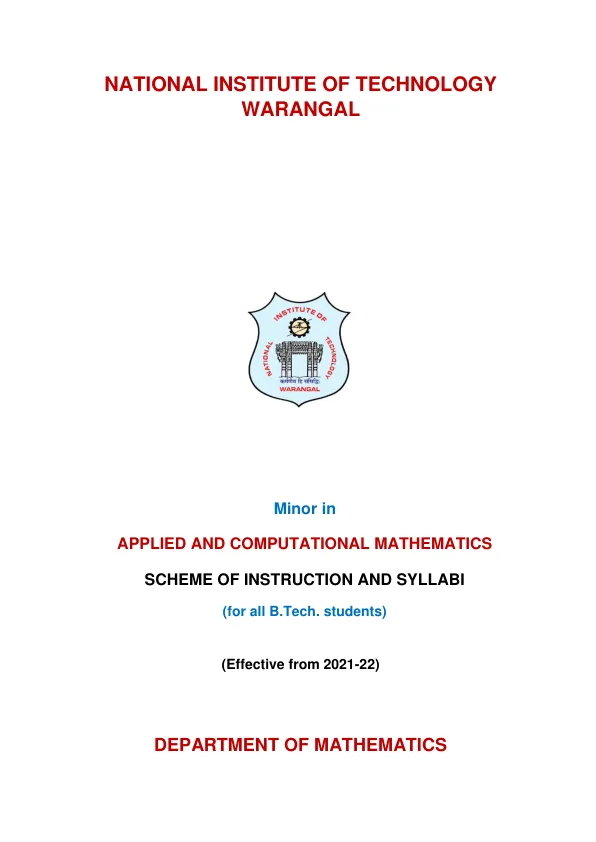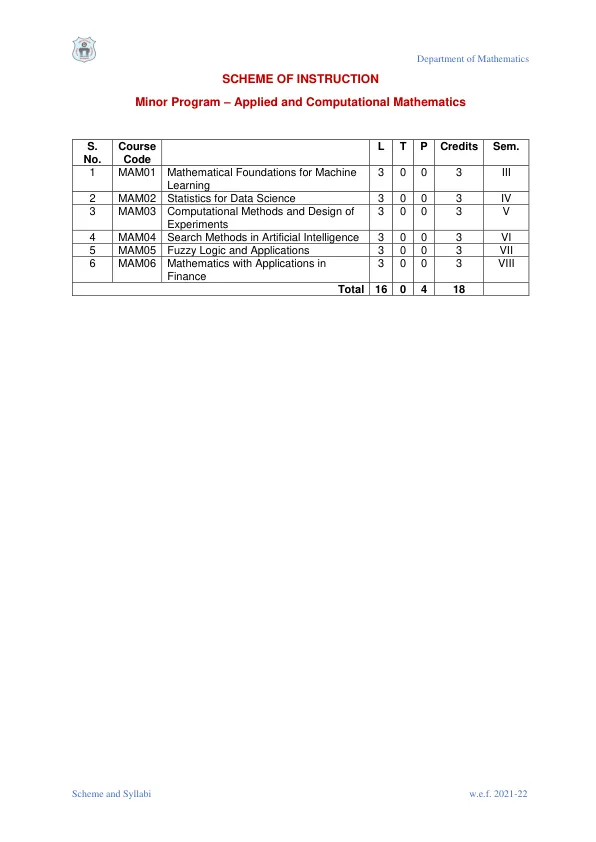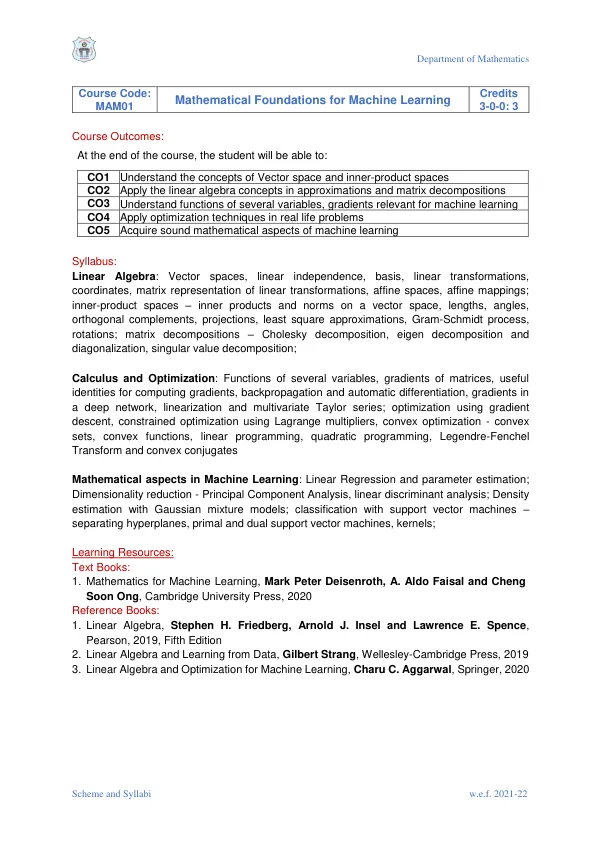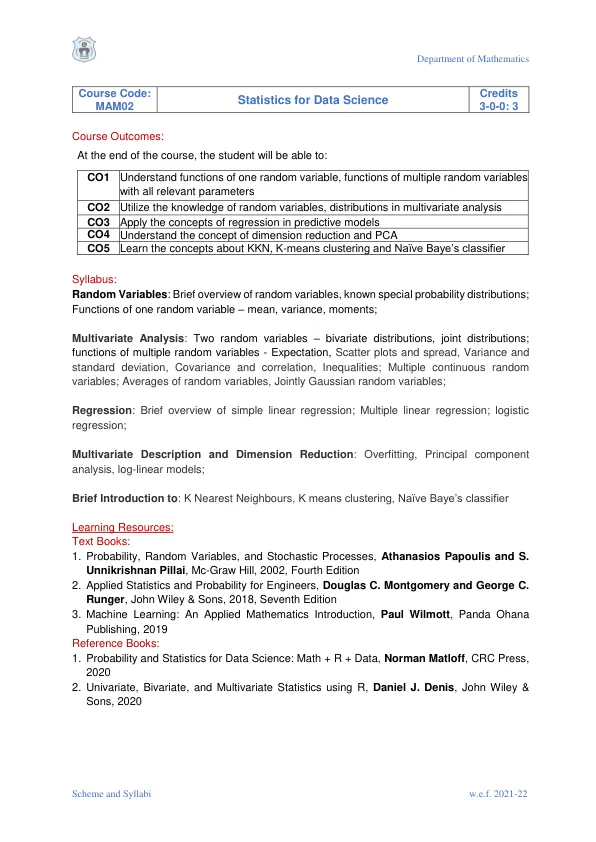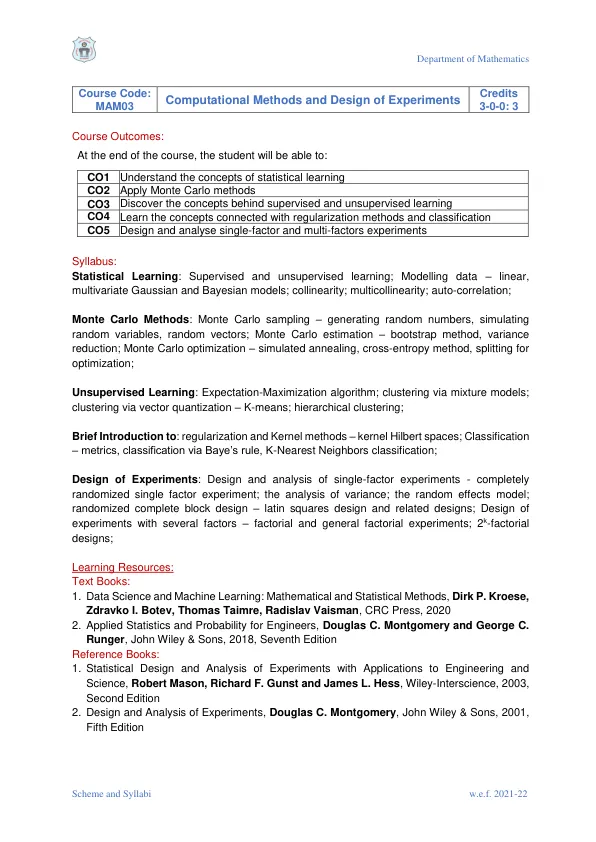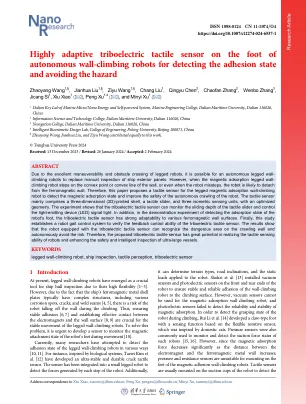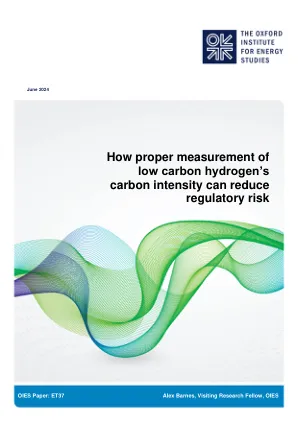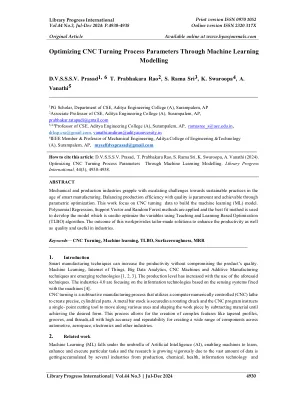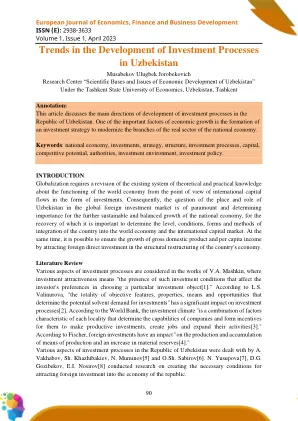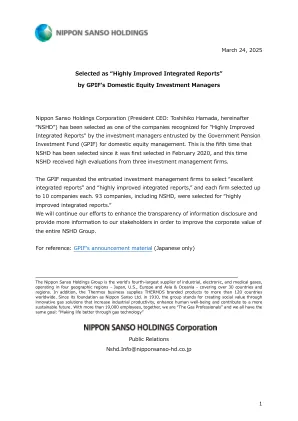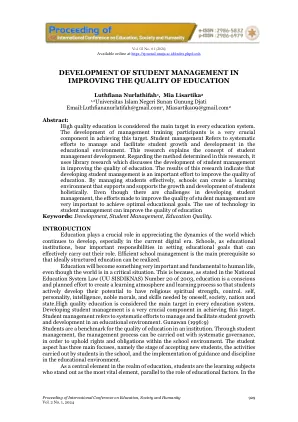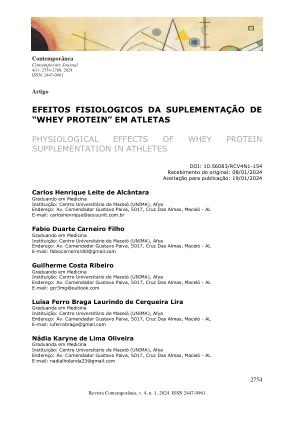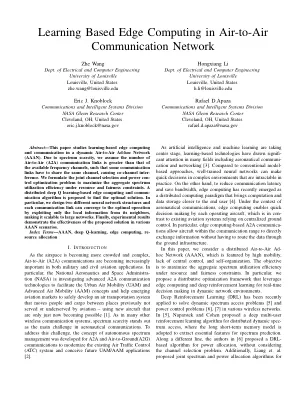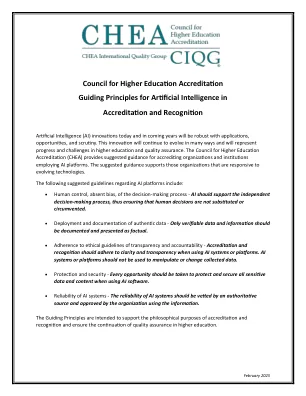CO1 Understand the concepts of Vector space and inner-product spaces CO2 Apply the linear algebra concepts in approximations and matrix decompositions CO3 Understand functions of several variables, gradients relevant for machine learning CO4 Apply optimization techniques in real life problems CO5 Acquire sound mathematical aspects of machine learning Syllabus: Linear Algebra : Vector spaces, linear independence, basis, linear transformations,坐标,线性变换,仿射空间,仿射映射的矩阵表示;内部产物空间 - 矢量空间上的内部产品和规范,长度,角度,正交补充,投影,最小平方近似,革兰氏schmidt过程,旋转;矩阵分解 - cholesky分解,特征分解和对角线化,奇异值分解;微积分和优化:几个变量的函数,矩阵的梯度,用于计算梯度的有用身份,反向传播和自动分化,深网中的梯度,线性化和多元泰勒级数;使用梯度下降,使用Lagrange乘数,凸优化的梯度下降优化 - 凸集,凸功能,线性编程,二次编程,legendre -fenchel transform,并凸出机器学习中的数学方面:线性回归和参数估计;降低降低 - 主成分分析,线性判别分析;高斯混合模型的密度估计;用支持向量机的分类 - 分离超平面,原始和双支持向量机,内核;学习资源:教科书:1。机器学习的数学,马克·彼得·迪森罗斯(Mark Peter Deisenroth),A。AldoFaisal和Cheng ong ong,剑桥大学出版社,2020年参考书:1。线性代数,Stephen H. Friedberg,Arnold J. Insel和Lawrence E. Spence,Pearson,2019年,第五版2。线性代数和从数据中学习,吉尔伯特·斯特朗线性代数和用于机器学习的优化,Charu C. Aggarwal,Springer,2020
...
主要关键词
